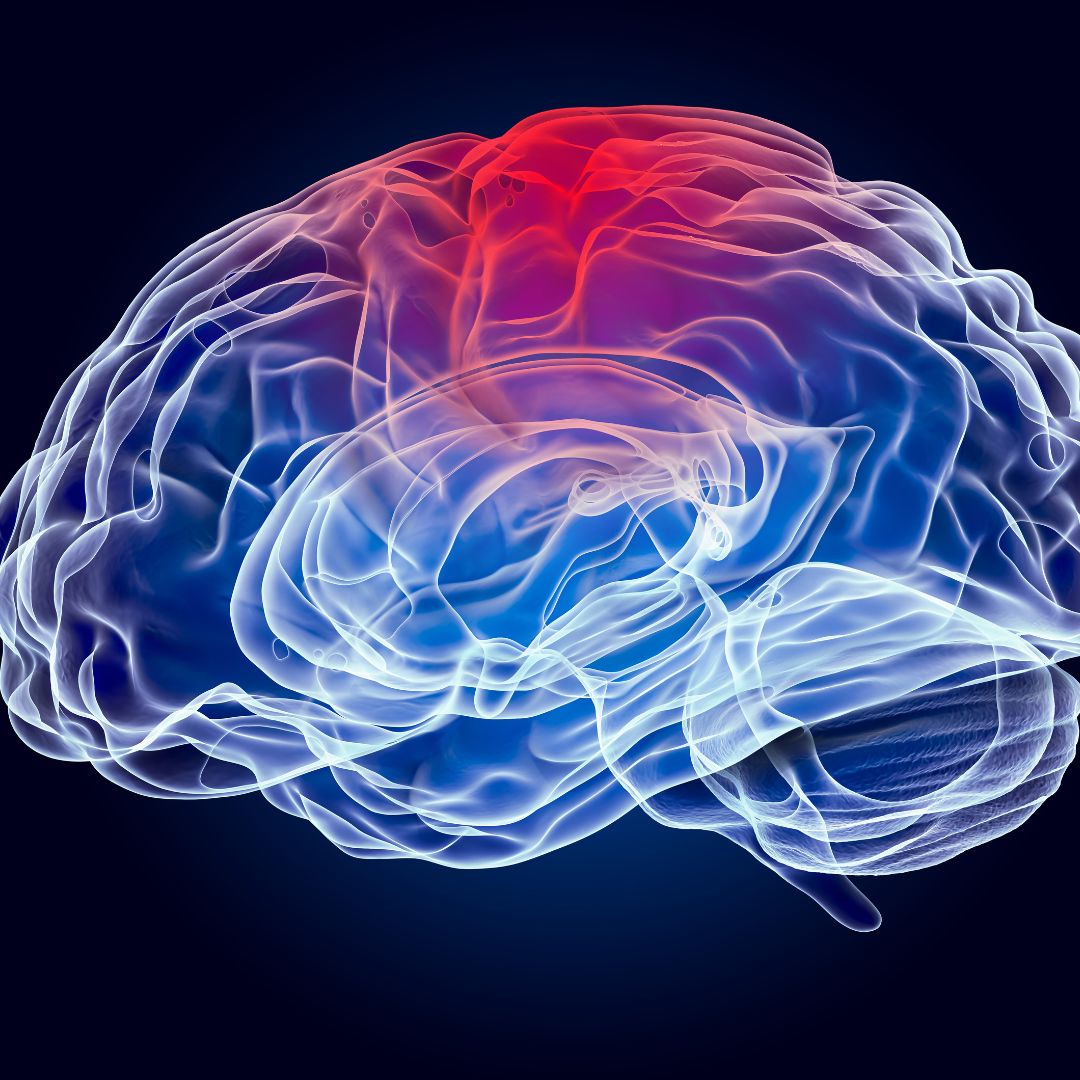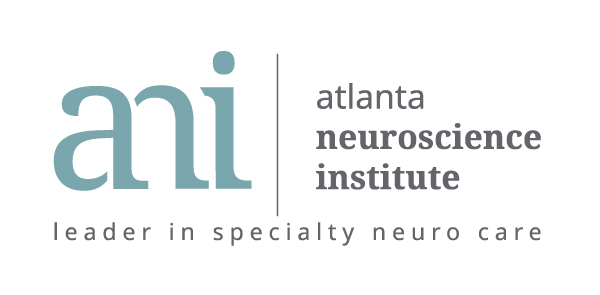Concussions are a common type of traumatic brain injury that can have long-lasting effects on the brain and overall neurological health. Research has shown a clear link between concussions and the development of neurological disorders later in life. At Atlanta Neuroscience Institute (ANI), we understand the importance of a thorough understanding of this link and provide comprehensive care for individuals who have experienced concussions, ensuring they receive the necessary treatments and support to mitigate the potential long-term effects.

What Is a Concussion?
A concussion is a type of brain injury that occurs when the brain experiences a forceful impact. This impact can result from a blow to the head or body, causing the brain to move rapidly within the skull. Concussions are commonly associated with sports-related injuries, but they can also occur due to falls, accidents, or physical assaults.

The Link: Concussions and Neurological Disorders
Research has shown that individuals who have experienced concussions may have a higher risk of developing various neurological disorders later in life. These disorders include but are not limited to, Chronic Traumatic Encephalopathy (CTE), Post-Concussion Syndrome (PCS), and increased risk of neurodegenerative conditions such as Alzheimer’s and Parkinson’s Disease.

Chronic Traumatic Encephalopathy (CTE)
CTE is a degenerative brain disease that is associated with a history of repetitive head trauma, including concussions. It is often found in professional athletes in contact sports such as football, boxing, and ice hockey. The repeated concussions and head impacts lead to the accumulation of an abnormal protein called tau in the brain, resulting in cognitive and behavioral changes over time.

Post-Concussion Syndrome (PCS)
PCS refers to a condition where symptoms of a concussion persist for an extended period, typically longer than three months. Common symptoms include persistent headaches, dizziness, difficulty concentrating, memory problems, and mood changes. While PCS can affect anyone who has experienced a concussion, certain individuals may be more susceptible, such as those with a history of multiple concussions or pre-existing neurological conditions.

Increased Risk of Neurodegenerative Disorders
Recent studies have suggested a potential link between concussions and an increased risk of developing neurodegenerative disorders later in life, such as Alzheimer’s and Parkinson’s Disease. While the exact mechanisms are still being studied, it is believed that the accumulation of brain damage from concussions may contribute to the development of these conditions.
How Atlanta Neuroscience Institute Can Help
At Atlanta Neuroscience Institute (ANI), we specialize in providing comprehensive care for individuals who have experienced concussions and are at risk of developing neurological disorders. Our team of expert neurologist doctors and neurophysiologists are experienced in diagnosing and treating the effects of concussions, utilizing advanced techniques such as neuroimaging, neurophysiological testing, and cognitive evaluations to assess the extent of brain injury and monitor progress.
We offer a range of advanced treatment options tailored to each individual’s specific needs, including medication management, physical therapy, occupational therapy, and cognitive rehabilitation. Our goal is not only to minimize immediate symptoms but also to address the potential long-term effects of concussions, reducing the risk of developing neurological disorders in the future.
Patient education is a crucial component of our approach. We provide resources and support to help individuals and their families understand the risks associated with concussions, recognize the warning signs of potential long-term effects, and make informed decisions about their healthcare. We also offer ongoing monitoring and follow-up care to ensure that patients receive the necessary support as they recover and prevent the progression of neurological disorders.
Understanding the link between concussions and neurological disorders is crucial for providing appropriate care and support to individuals who have experienced concussions. At Atlanta Neuroscience Institute (ANI), we are committed to delivering comprehensive care through our expert neurologist doctors and neurophysiologists, advanced treatment options, and patient education. If you or a loved one has experienced a concussion, seek our specialized care to mitigate potential long-term effects and promote overall neurological well-being.



